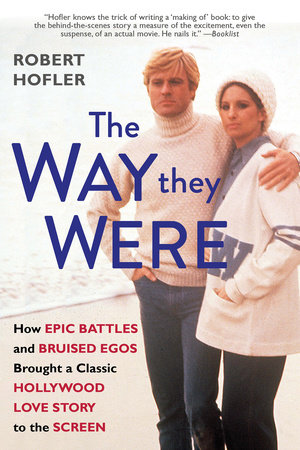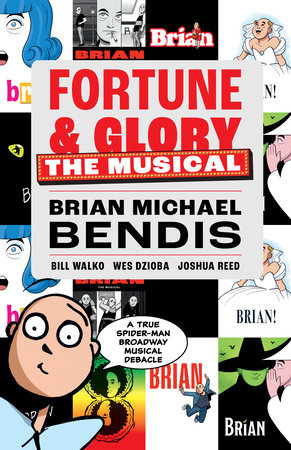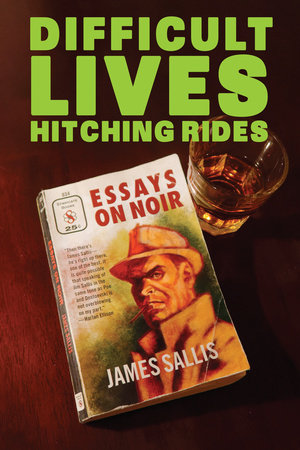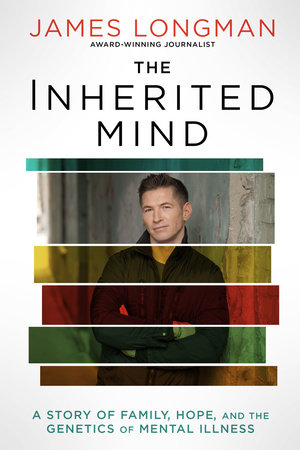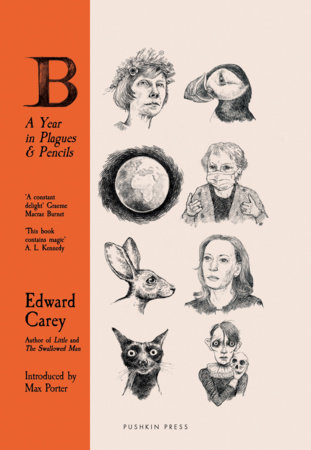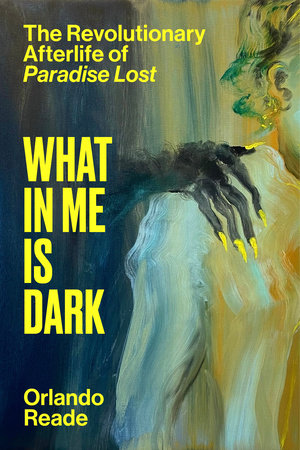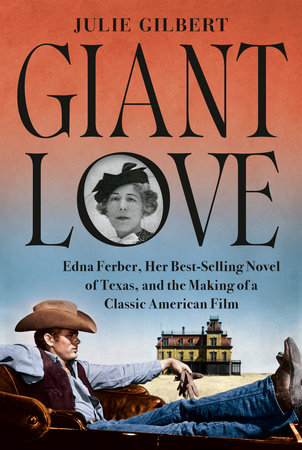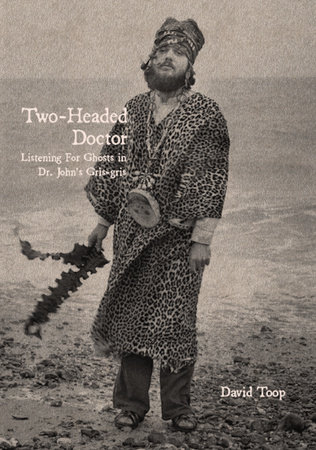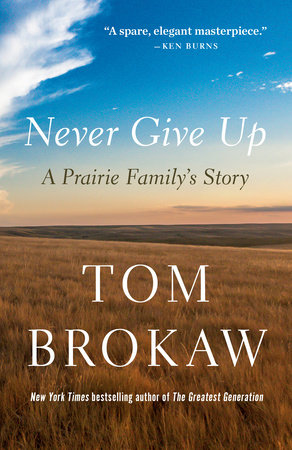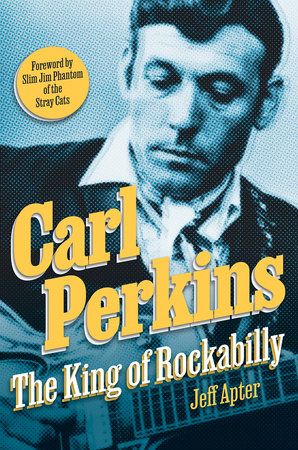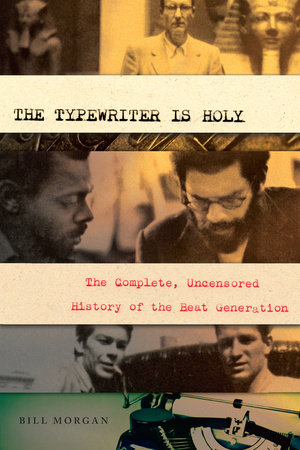


-
$17.95
May 01, 2011 | ISBN 9781582437385
Buy the Paperback:
Praise
Praise for The Typewriter Is Holy
“Morgan brings a productive career of chronicling the mid–twentieth–century writers known as the Beats to a fine point with this thorough popular history that eschews criticism to concentrate on who was where, doing what, when . . . [The Typewriter Is Holy] must be regarded as the just–the–facts–ma’am basic text on the most important literary phenomenon of post–WWII America.” —Booklist (starred review)
“Helpful, even necessary . . . a book that tries to put the far–reaching Beat tentacles and vast Beat cultural legacy into perspective.” —The New York Times
“Concise and well–crafted, Morgan has written an enjoyable and informative book.” —PopMatters
“The Typewriter Is Holy is a wonderful romp, a totally engrossing history of the Beat generation, and those wildly colorful figures who brought about a seismic change in our culture. It makes sense of the intersecting lives of Allen Ginsberg, Neal Cassady, William Burroughs and others whose great adventures gave birth to the upheavals of the Sixties. No one alive knows these people as well as Bill Morgan does, and the result is a fascinating chronicle.” —Dinitia Smith, author of The Illusionist and Remember This
“At long last we have a first–rate history of the Beat Generation! Bill Morgan’s The Typewriter Is Holy not only explores the enduring revolutionary appeal of Jack Kerouac, Allen Ginsberg, and William S. Burroughs but proudly brings marvelous lesser known Beat artists like Alan Ansen and Joanne Kyger into the Main Game mix. A masterful synthesis brimming with clarity and erudition” —Douglas Brinkley, Professor of History at Rice University and editor of Windblown World: The Journals of Jack Kerouac, 1947–1954
“Bill Morgan draws on an encyclopedic knowledge of the Beat writers to shine sober, sympathetic light into the dark corners of four tortured lives. His painfully personal profiles of Allen Ginsberg, Jack Kerouac, Neal Cassady and William Burroughs show how their misguided search for personal freedom trapped them in their own obsessions and addictions, yet also sparked an enlivening burst of creative genius.” —Don Lattin, author of The Harvard Psychedelic Club: How Timothy Leary, Ram Dass, Huston Smith, and Andrew Weil Killed the Fifties and Ushered in a New Age for America






